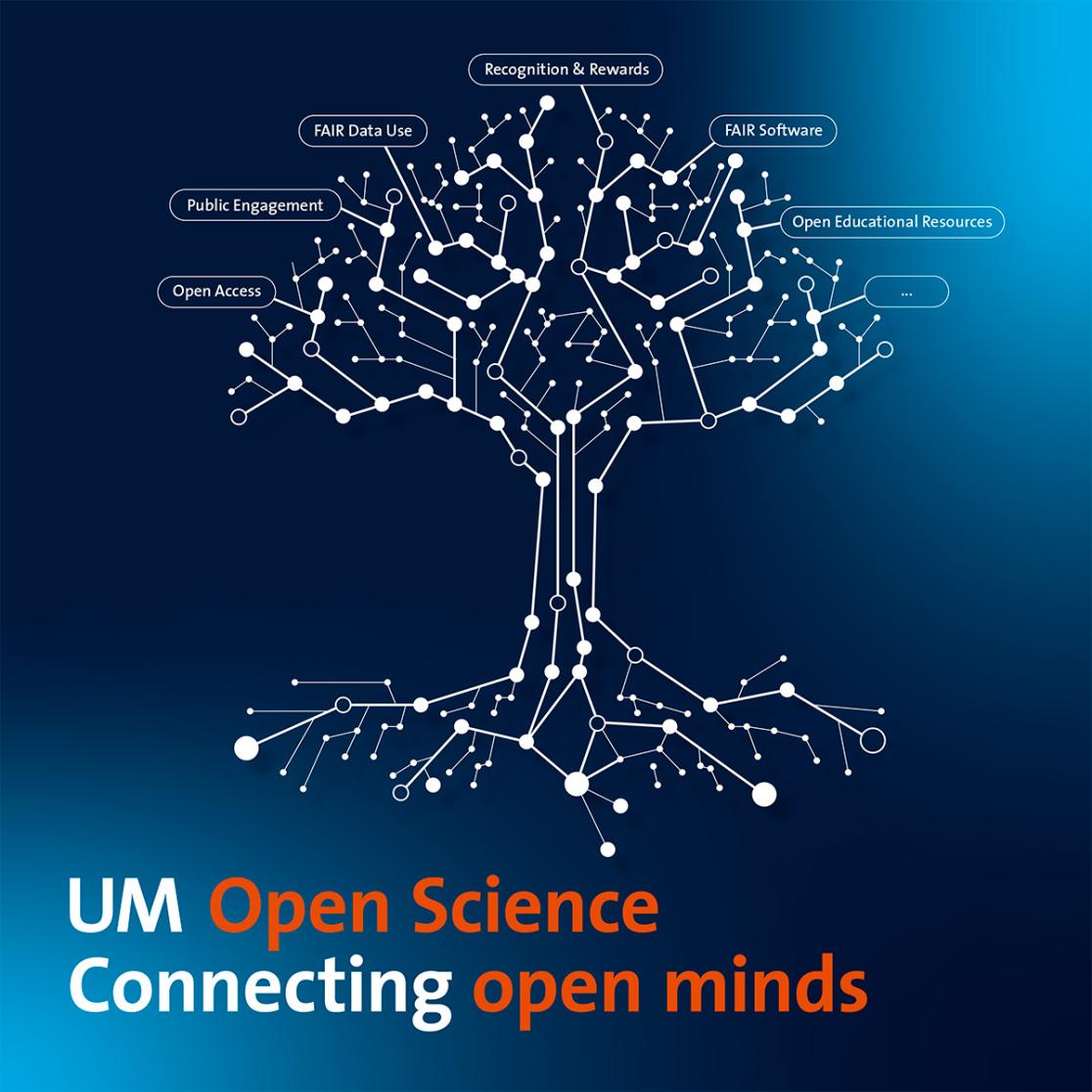Guide 5: how to engage with society to boost the impact of your research
In order to have a real impact on society as a researcher, you have to actually engage with members of society. Engagement is about two-way communication. The aim is to enhance the quality and impact of your research as well as to inform and involve the public. Engaging in dialogue with the wider public fosters their understanding and trust. It also helps you better understand the needs of diverse members of society. This can inform your research in a way that can help you meet those needs.
Public engagement is about involving society in all stages of the research process, including:
- drawing up research questions
- conducting research
- communicating the results
Engaging with the society in all stages of your research is not always as straightforward in the field of law as it is in other disciplines where there are more possibilities, for instance, for citizen science or participative research. In this guide, we offer some ways you can get started with incorporating public engagement in your research process. At the UM Faculty of Law, we are also continuing to compile information on the best practices and potential pitfalls of engaging with society when it comes to research in the field of law. And we plan to add this information to this guide as soon as possible.
Why should you engage with society?
Social engagement benefits both you as a researcher and society in many ways, including the following:
- Increases relevance of research. Engagement helps you as a researcher to better understand the needs of society and to formulate your research questions in a way that best meets those needs.
- Enhances accountability. Since research is largely publicly funded, scholars have an obligation to the public to share their research and to discuss its potential to benefit society.
- Improves understanding and facilitates application of results. Discussing your research with the public also helps the public to better understand the potential applications of your research. This increases the likelihood that members of the public will develop evidence-based initiatives that benefit society as a whole.
- Leads to innovation. Talking about you research with people outside academia often leads to the generation of new ideas and fresh perspectives.
- Increases potential for policy changes. When the wider public is discussing your research, and especially when researchers and the public work together, it is more likely that policymakers will take notice and use your work to make legislative changes that have a positive impact on society.
- Expands access to funding. The majority of large research grants now require information about ‘pathways to impact’, which includes initiatives that facilitate societal and economic impacts of the research.
How to engage with society
1. Identify your ‘why’ for engagement
You may have multiple purposes, so identify all of them and make sure that your engagement activities support your goals.
Some common goals that researchers have are:
- to inform the public about your research
- to team up with members of the public to apply your results
- to get feedback from the public about your research goals or process
Engaging through social media
Social media platforms are full of people who are happy to share their opinions. This makes it an excellent way to engage with members of society. For instance, you can create polls, crowdsource ideas for research questions or potential collaboration partners, and discuss how your results can be applied in ways that benefit society.
See more in our guide on how to use social media to boost the impact of your research.
2. Define your ‘who’
Which demographic would you like to reach? Consider age, gender, profession, location.
3. Determine your ‘how’
Some possibilities of engagement activities:
- public presentations, lectures and debates (Pecha Kucha, TED talk, Studium Generale)
- online engagement (websites, forums, social media)
- crowdsourcing
- workshops (for students or professionals)
- focus groups
- online consultations
- opinion polls or surveys

What type of engagement activities are most appropriate for your goals and your target group?
4. Explore possibilities for collaboration
Is there a social organisation you can team up with to reach your target group? Is there another researcher or group you can collaborate with that may have similar goals?
5. Get ideas and feedback from other researchers
What are some ways that your colleagues have engaged with the public? If you already have an idea of an activity, what do your colleagues or members of the public think about it? Who can you ask about the best ways to engage with your target audience?
6. Execute your engagement activity
Once the planning is done, it is time to get started. If your engagement involves an event, don’t forget to ask the participants for feedback. You can use this to optimise your next event.

Share ideas and get feedback from other researchers
UM resources for engagement
- Conducting research related to the EU? Join up with Campus Brussels for community-engaged research. Contact your colleagues at UM Campus Brussels to discuss their facilities and services for researchers interested in carrying out education and research activities and engaging with the broader community in Brussels. More about partnering with the campus.
- Have an idea for community-engaged research? Consider if crowdfunding is appropriate for your project with the help of UM Crowd. Crowdfunding involves the funding of a project through (often small) amounts from a large group of people. It is not only about funding, but also creating (long-term) involvement and engagement with your supporters and the community you want to serve with your research.
For an example, see the campaign page for research to improve the lives of transgender people by exploring the associations between the brain, self-concept, and (sexual) well-being of transgender participants throughout their transition using an MRI scanner.
- Join the Maastricht Platform for Community-Engaged Research (MPCER).
MPCER is for UM researchers from various disciplines who are looking to have a positive impact on society by engaging the community in their research and to collaborate with researchers who have the same ambition.
How to apply Open Science principles
Maastricht University has an Open Science policy and offers you support in putting these principles into practice.
The following steps for applying Open Science principles include links to the opportunities for support:
1. Follow the Research Data Management Guide
The Research Data Management Guide from the University Library, which explains how to manage your data in each step of the research process in a way that protects it while you are conducting your study and makes it possible for it to be openly accessible after publication (possibly after an embargo period). As part of this, you are asked to submit all Author Accepted Manuscripts of peer-reviewed articles to the institutional repository.
Submitting your research in Pure ensures that your research can be found in all the major indexes and search engines, making your research accessible to everyone in the world, in some cases after an embargo period.

Maastricht University has an Open Science policy and offers you support in putting these principles into practice.
2. Adhere to FAIR data use principles
Meaning that whenever possible, your research data should be Findable, Accessible, Interoperable and Reusable. The University Library takes care of the workflows and the legal formalities to make your research FAIR by:
- adding the correct metadata to make your research findable
- adding the submitted publication to the Institutional Repository of Maastricht University (Pure) to make your research accessible
- checking submitted research to make the output interoperable
- taking care of embargo periods and copyright notices to make your research as reusable as possible.
3. Commit to Gold Open Access publishing:
UM has OA publishing deals in place to enable you as a researcher to publish Open Access without paying Article Processing Charges (APC). Find out more about Open Access resources available through the University Library.
Sources for this guide
|
Please contact f.hoekstra@maastrichtuniversity.nl for questions
regarding support at the UM Faculty of Law